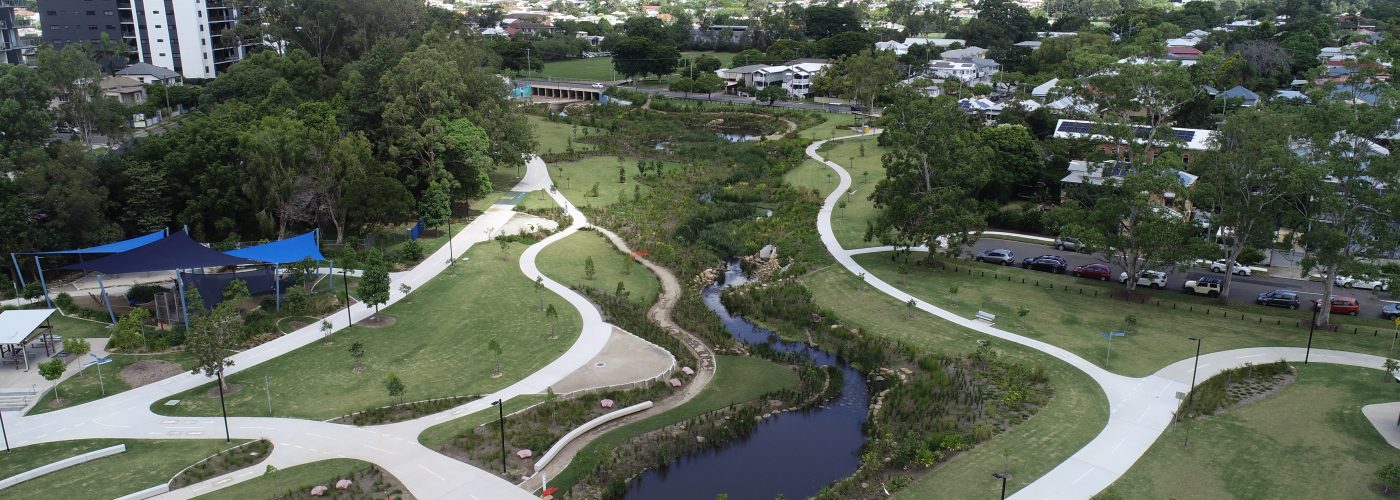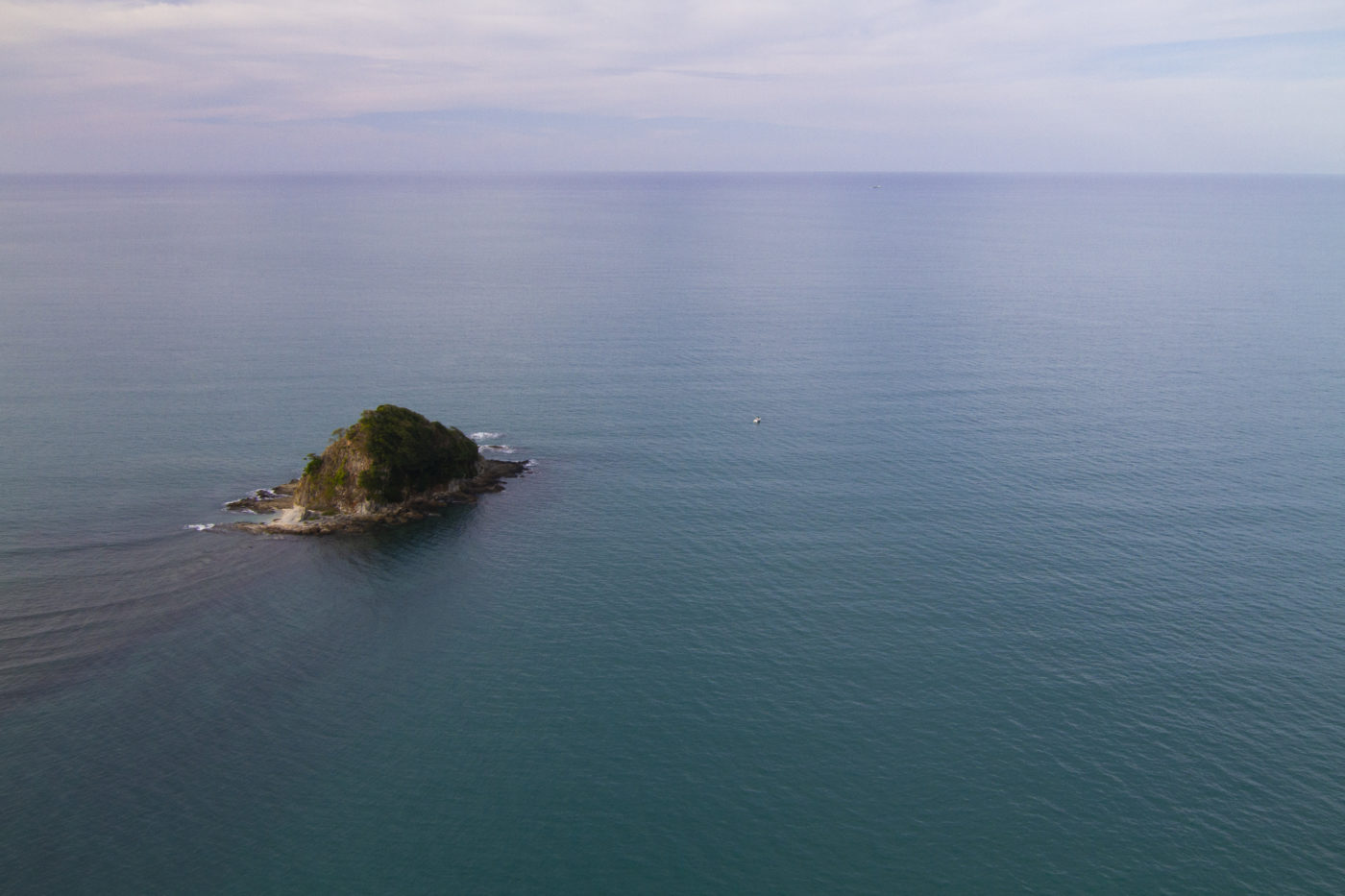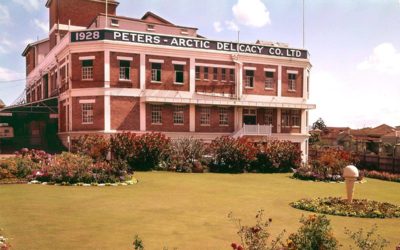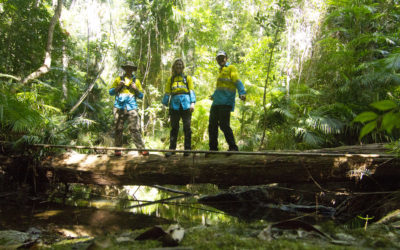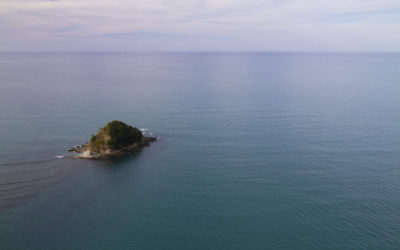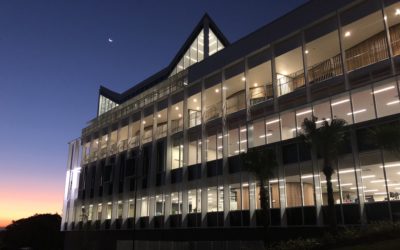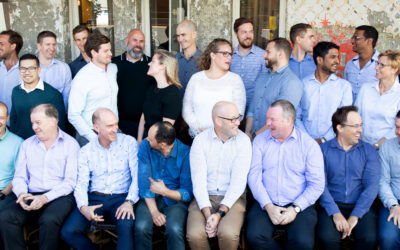2018 Australian Water Association North Queensland Regional Conference
How do you effectively communicate complex, technical information in a way that influences behaviour change, and improves upon how our catchments are managed?
Our Senior Water Engineer, Maddie Greenlee, shared her research on behaviour change at the 2018 Australian Water Association North Queensland Regional Conference. Maddie is involved in expanding Bligh Tanner’s expertise in strategic planning and collaborative engagement for improved, integrated water management. The two-day conference revolved around the theme “A Region of Extremes – Resilience and Innovation in the Face of Change” and provided members a chance to communicate, connect, and engage with current research in the water industry.
Maddie presented a paper on her latest research studying “The Effectiveness of Report Cards in influencing decision making and behaviour change: A comparative study of South East Queensland and the Great Barrier Reef”.
Globally, governments are investing in communication mechanisms to translate complex science into simple, transparent concepts that decision-makers and communities can understand. Report cards have become a popular method for communicating these ideas, using a graded scale from A-F and being released annually. As relatively new products, there have been few studies on report cards at all, and none on the overall effectiveness at influencing decision-making or behaviour change. Scientists need to understand effective mechanisms for communication to influence decision-making, generate behaviour change, or maximize social welfare in an equitable manner that supports the sustainability of vital ecosystems, a primary goal of Integrated Water Resource Management. We now have enough data and a study on report cards is necessary to ensure that this communication mechanism is the right method for us to be investing time, money, and interest.
This study aimed to understand:
- Are report cards effectively influencing decision-making?
- Are report cards effective in triggering behaviour change?
- How can report cards be improved as a communication tool for decision-makers and community?
The Great Barrier Reef (GBR) and South-East Queensland (SEQ) Healthy Land and Water report cards were used as comparative case studies. This research focuses on management effectiveness of report cards as a communication tool that links science, decision-making, and behaviour change. By investigating how the science supports decision-making and change, we were able to determine the limited effectiveness of report cards and develop a framework that can enhance report cards as a communication tool. As report cards spread internationally, the framework from this study will enable them to move beyond informing on monitoring data and begin effectively influencing change. Report cards have an opportunity to help bridge the gap between environmental issues, social needs, and economic feasibilities, and thus further the rewarding field of environmental management into a sustainable, resilient future.
